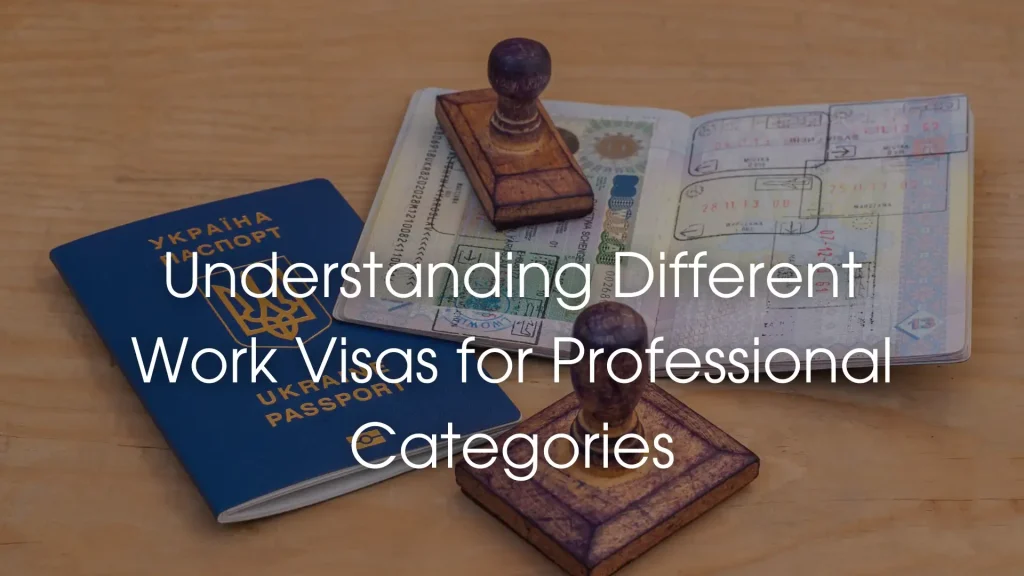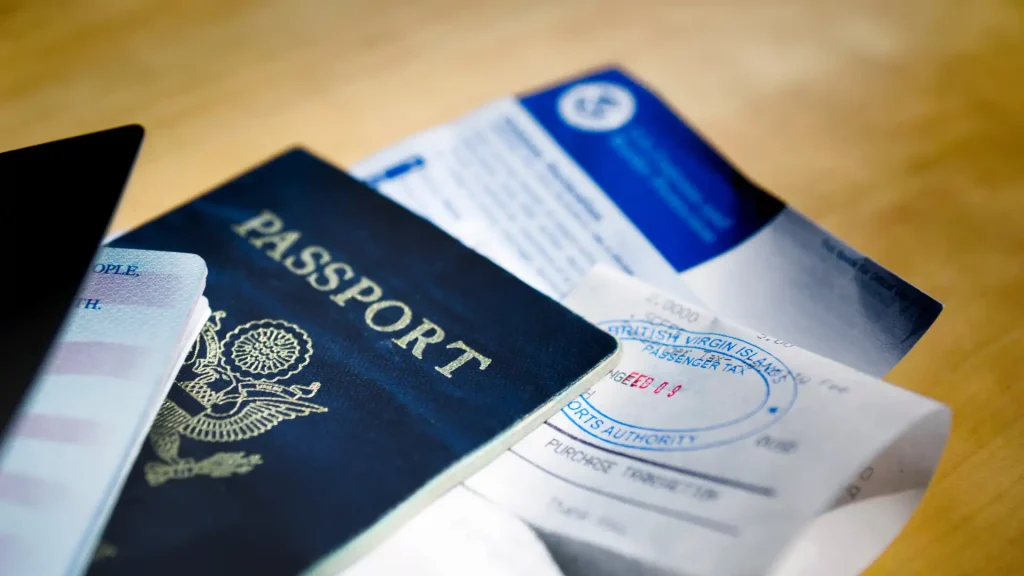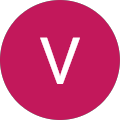 Today’s global economy allows for professionals from all over the world to seek job opportunities in the United States. However, in order to pursue their American dream, those professionals must first acquire a work visa. The U.S. issues work visas for professional categories of all kinds, but you must know the available options and the eligibility requirements of each before deciding which type you need.
Today’s global economy allows for professionals from all over the world to seek job opportunities in the United States. However, in order to pursue their American dream, those professionals must first acquire a work visa. The U.S. issues work visas for professional categories of all kinds, but you must know the available options and the eligibility requirements of each before deciding which type you need.
Overview of U.S. Work Visas for Professionals
Work visas in the United States fall into two categories: temporary nonimmigrant and immigrant. For those looking to make the U.S. their long-term home, Employment-Based Immigrant Visas offer a pathway to permanent residency. Through job opportunities, which are often sponsored by an employer who values your skills and experience. Nonimmigrant work visas allow foreign professionals to live and work in the U.S. for a limited amount of time in a particular occupation. Immigrant work visas allow professionals to live and work in the country permanently and eventually obtain an employment-based green card.
Work Visas for Professionals categories
Temporary nonimmigrant work visa categories include:
- H-1B Visa: The most common work visa is for professionals in specialty occupations with at least a bachelor’s degree. In a related field. This is one of the most popular visa employment-based categories for engineers and tech workers.
- L-1 Visa: This visa allows foreign professionals to work in a U.S. office of the company they currently work for. The L-1A is for managers and executives seeking a transfer, and the L-1B is for employees with specialized knowledge.
- O-1 Visa: A work permit for individuals with extraordinary abilities or a track record of incredible achievements in their fields. The O-1A is the O-1 visa for science, business, education, and athletics experts. The O-1B is for high achievers in movies, television, and other creative professions.
- J-1 Visa: Work permit for foreign nationals looking to participate in an exchange program. Common visa holders include medical graduates undergoing training or residency, professors, or research scholars.
Immigrant work visa categories include:
- EB-1 Visa: An immigrant visa for exceptionally skilled or capable individuals in the fields of science, business, education, athletics, or the arts.
- EB-2 Visa: EB-2 visa eligibility is limited to individuals with advanced degrees and exceptional abilities in business, science, or the arts.
- EB-3 Visa: A work permit for foreign professionals with a bachelor’s degree or higher, two years of field experience, and a job offer from a U.S. employer.
Common Work Visas by Professional Category
The best work visa for you will depend on your particular profession. Here are the most common work visas by profession:
Tech and Engineering
The H-1B visa for professionals is the most common way software developers, engineers, and data scientists can work in the United States. For those at the top of their field, there’s also the O-1 visa.
Business and Finance
Executives and managers looking to transfer to their company’s U.S. office can seek an L-1 visa. Still, if you’re seeking a general path to business and finance work in the United States, then the H-1B is your best option.
Healthcare
There is the J-1 visa for medical school graduates seeking training and residency at an American healthcare facility. High-achieving medical specialists and researchers can use the O-1 visa. The H-1 B visa is the best option for foreign healthcare workers with a bachelor’s degree and a U.S. job offer.
Arts and Entertainment
The O-1B visa is available to extraordinary talents in creative fields such as music, acting, and design. The P visa offers a work permit to artists, entertainers, and athletes looking to perform or compete in the U.S.
Please read more about work permits and green cards here: USCIS preparing to order millions of work permits and green cards.
Industry-Specific Work Visa Insights
 Each industry has its own challenges and quirks regarding acquiring a U.S. work visa. Here are a few quick insights into some of them:
Each industry has its own challenges and quirks regarding acquiring a U.S. work visa. Here are a few quick insights into some of them:
Technology
Tech and other STEM worker citizenship and immigration services are incredibly popular in the United States, which is great for professionals in these fields. However, the H-1B has an annual cap and a lottery system, making it difficult for many foreign professionals to acquire a work permit.
Healthcare
America has a shortage of healthcare workers, which means you have a highly desirable skill set if you’re a professional in this field. Medical graduates who complete their residency on a J-1 visa may qualify for a Conrad 30 Waiver that will allow them to avoid the 2-year foreign residence requirement to secure an H-1B visa to continue working in the country.
Business and Finance
Economists, accountants, and other finance professionals from Mexico and Canada may qualify for the TN visa. This special visa sponsorship for professionals in the north and south of the United States is designed to boost economic ties with our neighbors.
Consult with an Austin Immigration Attorney Today
If you want to apply for a U.S. work visa, Law Office of William Jang, PLLC can help. Our team is here to help you understand your rights and take the first step toward securing the necessary benefits. Contact us today to start pursuing your professional dreams.








